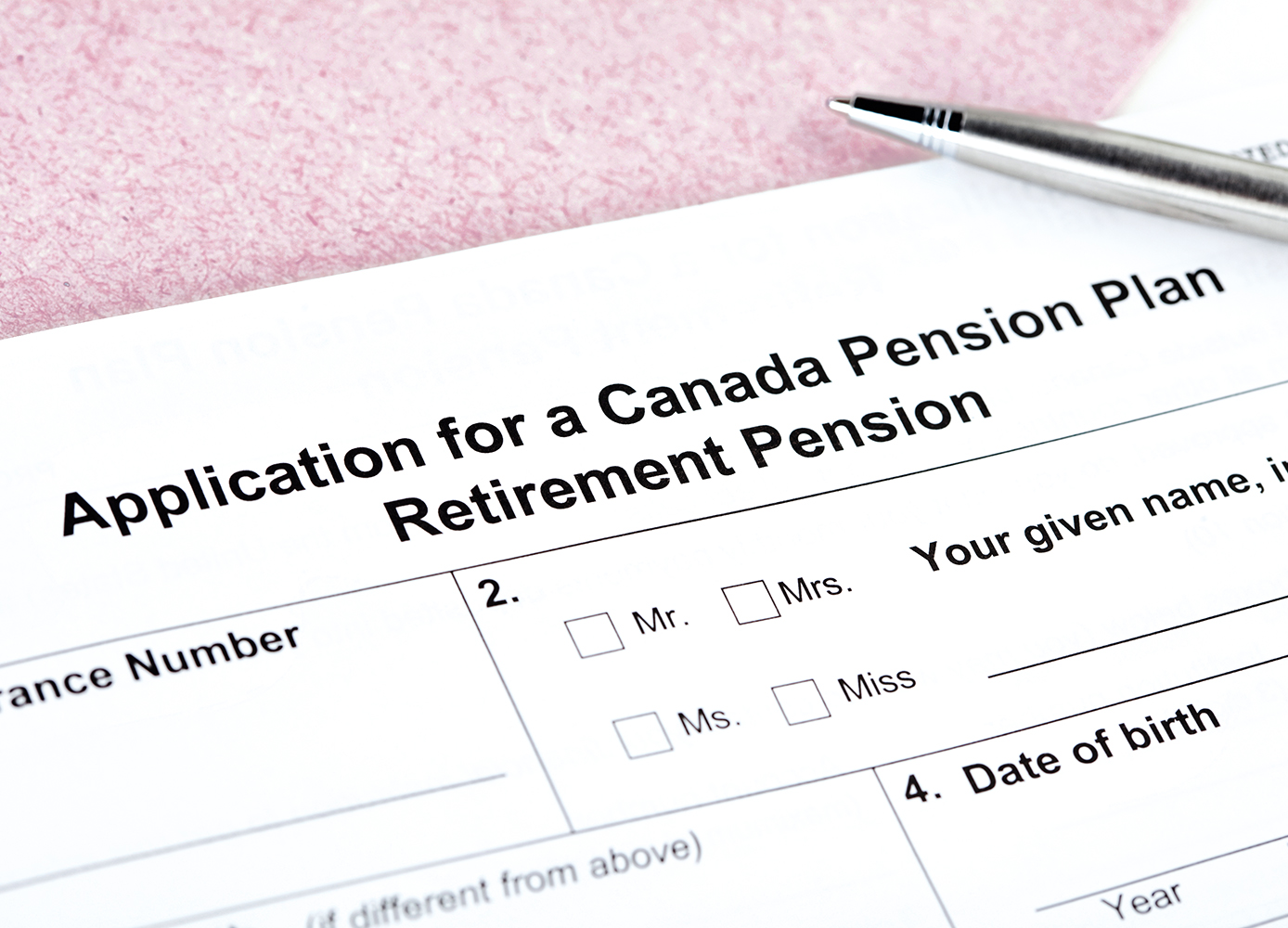More and more Canadians 65 or older are still working or going back to work
By Katrina Caruso
For some, retirement really is a golden age; others have no intention of retiring, and because there’s no mandatory retirement age, they don’t have to. Still others find that they miss working or that they need to supplement their income to make ends meet, and many of these retirees are unretiring, working part-time, trying out a new line of work, or even starting a small business.
Returning to the workforce isn’t unusual: according to the most recent numbers from Statistics Canada, one in five Canadians 65 or older is working—30% of them full-time. Between 1995 and 2015, the percentage of seniors in the workforce doubled, with the largest growth in part-time work.
Between 60 and 65 years old, people who continue to work must contribute to the Canada Pension Plan (CPP). Between 65 and 70, workers can decide whether they want to continue to contribute; if they contribute, their employer must as well (self-employed folks pay both the employee and employer contributions). In Quebec, the provincial pension plan allows for retirees to receive their pensions while they remain in the workforce, but they must also continue contributing. Ontarians can work past their 70s, deferring their pensions, with no ramifications. Depending on the situation, you can also collect Old Age Security (OAS) benefits while working, though high earners will have to pay back some of those benefits).
When the Canada Pension Plan was established in 1965, men were expected to live to 69 and women, to 75. With life expectancy rising to 80 years for men and 84 years old for women, and many people living well past that (these numbers take into account everyone from newborns onwards—StatCan suggests that most 65-years-olds today can expect to live to 83, for men, or 85, for women), the days of retiring at 55 or even 65 may be long gone for many Canadians.
Photo: iStock/Wavebreakmedia.






